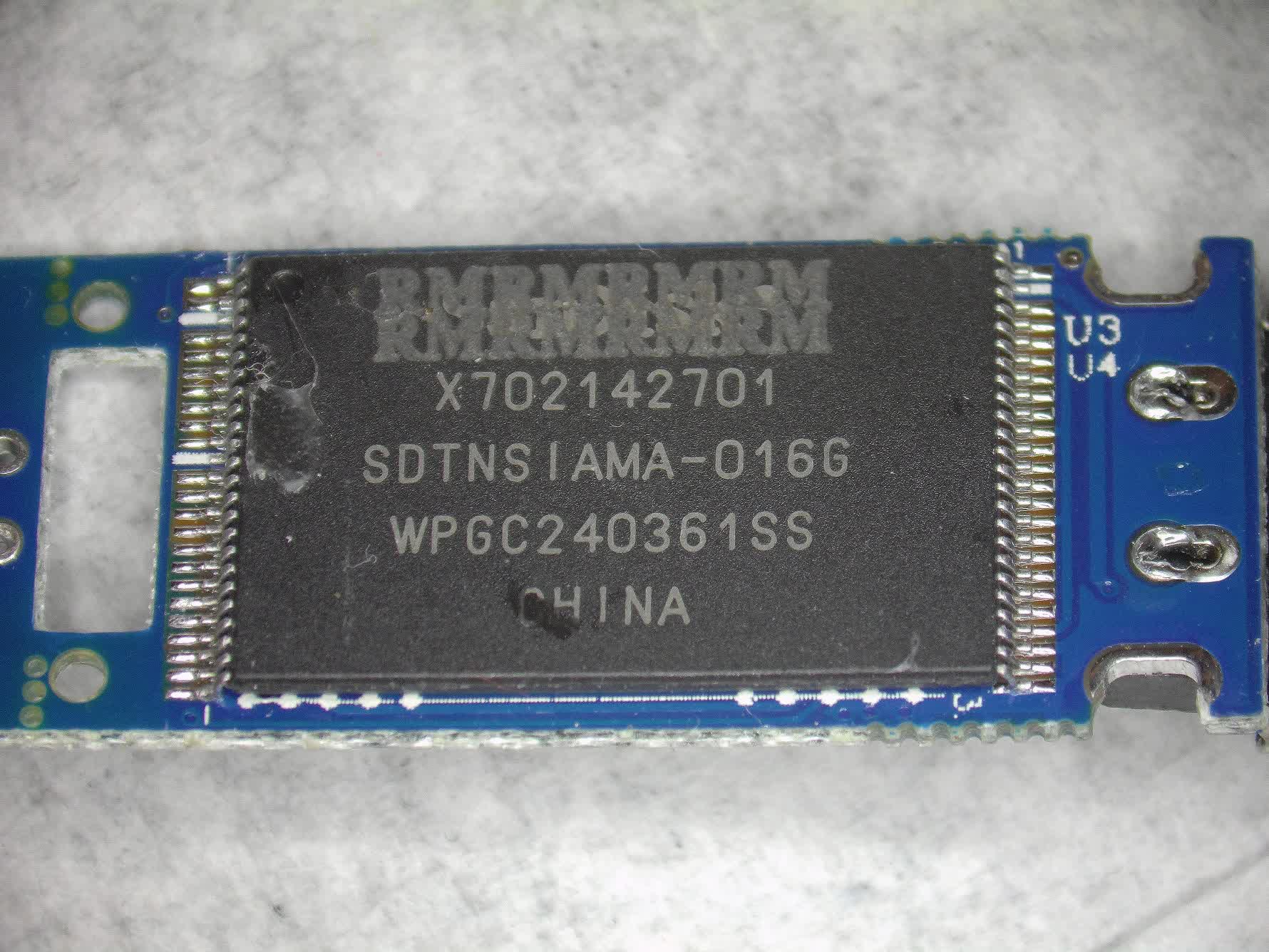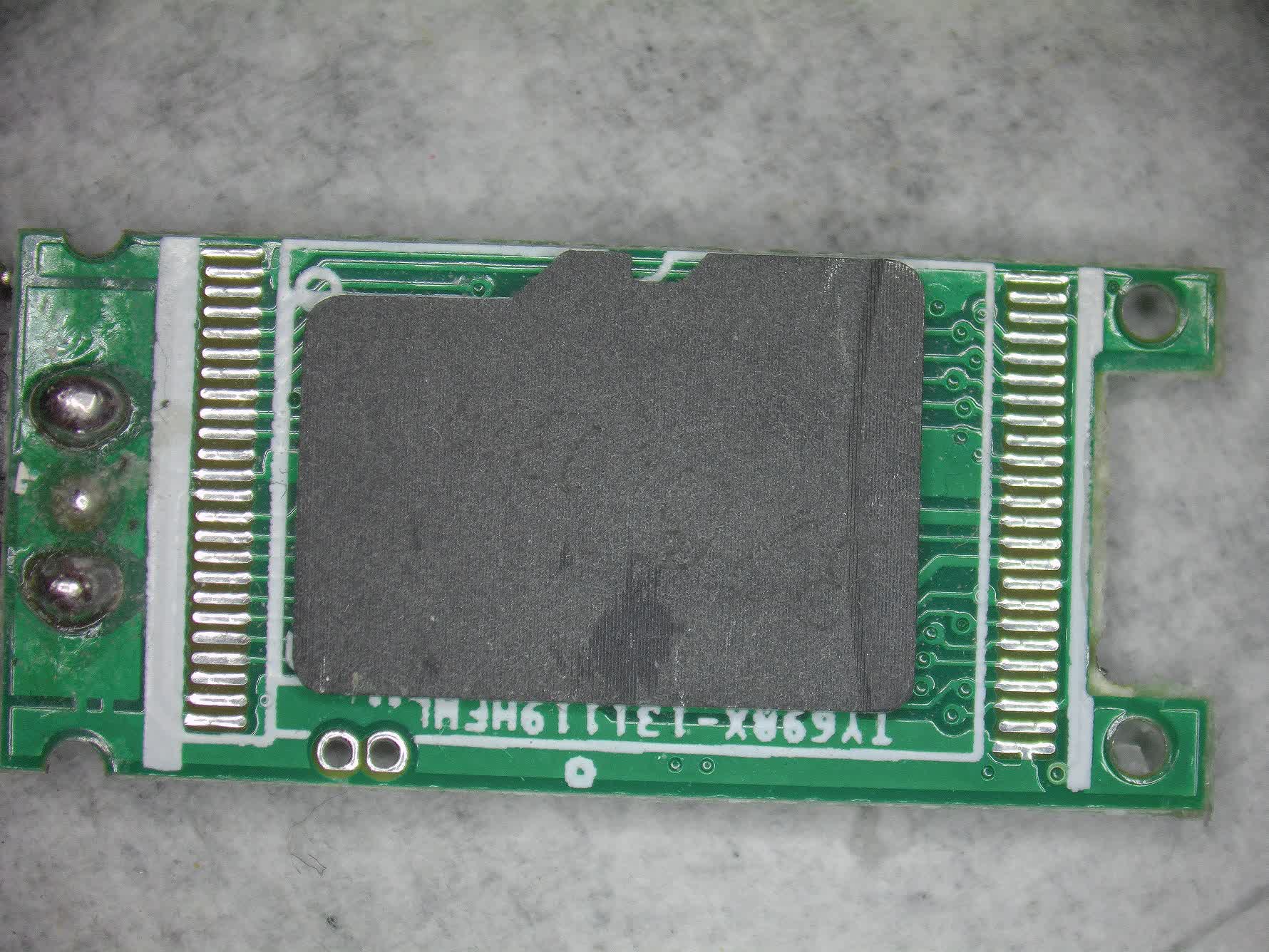In brief: Joining the list of things that aren’t as good as they used to be are microSD cards and USB sticks, both of which are showing a decline in the quality of their components. A new study found that more devices are using NAND chips with reduced capacity and their manufacturers’ logo removed, while some USB sticks use the old trick of soldiering a microSD card onto the board.
The report, from German data recovery company CBL, concluded that NAND chips from reputable manufacturers such as Hynix, Sandisk, or Samsung that had failed quality control were being resold and repurposed. While still working, the chips’ storage capacity is reduced.
“When we opened defective USB sticks last year, we found an alarming number of inferior memory chips with reduced capacity and the manufacturer’s logo removed from the chip. Clearly discarded and unrecognizable microSD cards are also soldered onto a USB stick and managed with the external one on the USB stick board instead of the microSD’s internal controller,” explains Conrad Heinicke, Managing Director of CBL Datenrettung GmbH.
Most of the janky USB sticks CBL examined were promotional gifts, the kind given away free with products or by companies at conferences. However, there were some “branded” products that fell into the same inferior-quality category, though CBL didn’t say if these were well-known mainstream brands or the kind of brands you’ve probably never heard of.

Technological advancements have also affected these NAND chips, but not in a good way. The chips originally used single-level cell (SLC) memory cells that only stored one bit each, offering less data density but better performance and reliability. In order to increase the amount of storage the chips offered, manufacturers started moving to four bits per cell (QLC), decreasing the endurance and retention. Combined with the questionable components, it’s why CBL warns that “You shouldn’t rely too much on the reliability of flash memory.”
The report illustrates how some of the components found in the devices had their manufactures’ names removed or obscured. One simply printed text over the top of the company name, while another had been scrubbed off completely. There’s also a photo of a microSD card found inside a USB stick that had all of its identifying markings removed.

It’s always wise to be careful when choosing your storage device and beware of offers that seem too good to be true. Back in 2022, a generic 30TB M.2 external SSD was available for about $18 on Walmart’s website. It actually held two 512MB SD cards stuck to the board with hot glue – their firmware had been modified to report each one as 15 TB. There was also the case of fake Samsung SSDs with unbelievable slow speeds uncovered last year.

